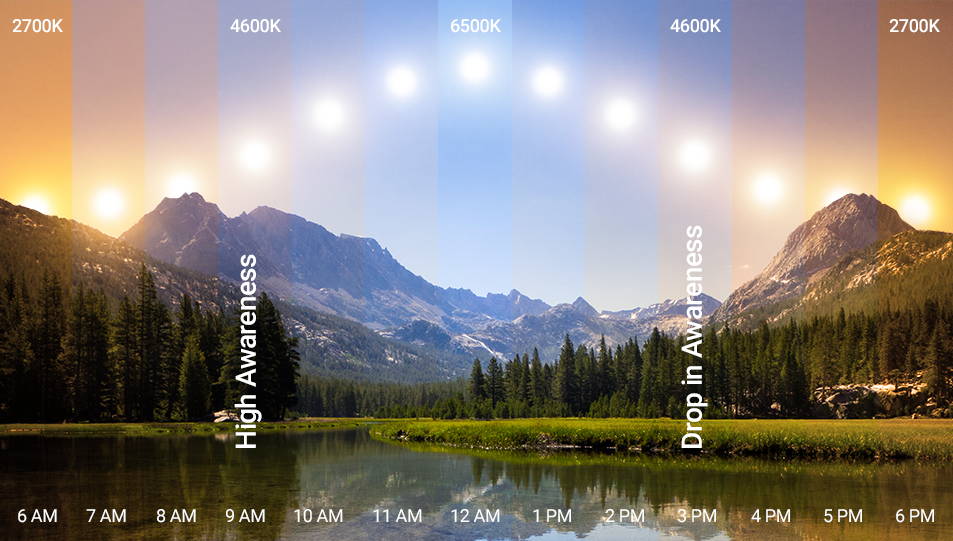The Benefits of Smart Sun Exposure for Resetting Circadian Rhythms
Sunlight is one of the most natural and powerful tools for improving overall wellness. As highlighted by Gary Brecka in The Ultimate Human Podcast, early morning sunlight exposure has a profound impact on circadian rhythms, which regulate essential body functions, including sleep, metabolism, and hormone production【8】【10】. Incorporating smart sun exposure into your daily routine can optimise your health and wellness, particularly in sunny locations like Sydney’s Northern Beaches.
Understanding UV Light and Its Role in Wellness
Sunlight is made up of several types of ultraviolet (UV) radiation:
- UVA (Ultraviolet A): These rays penetrate deeply into the skin and are present throughout the day, year-round. While excessive exposure to UVA can contribute to skin ageing, it plays a minor role in vitamin D synthesis.
- UVB (Ultraviolet B): UVB rays are crucial for vitamin D production in the skin. They are strongest midday and less prevalent in the early morning or late afternoon. These rays help trigger the body’s natural ability to produce vitamin D, which supports bone health, immunity, and inflammation reduction【9】【10】.
By spending time outdoors during low UV index hours, such as early morning, you can enjoy the benefits of UV light safely while minimising the risks of overexposure.
How Early Sunlight Resets Circadian Rhythms
The human body is designed to sync with natural light cycles. Early morning sunlight exposure stimulates the retina and sends signals to the brain's hypothalamus, specifically the suprachiasmatic nucleus, which regulates the production of hormones like:
- Cortisol: Helps you wake up and feel alert in the morning.
- Melatonin: Suppressed by sunlight during the day, it begins production again after dark to prepare the body for restful sleep.
Getting outside within an hour of sunrise helps calibrate these natural rhythms, leading to improved sleep, energy levels, and overall wellness【9】【10】.
The Health Benefits of Smart Sunlight Exposure
- Boosted Vitamin D Production: UVB rays during safe sunlight hours promote natural vitamin D synthesis, supporting immunity and bone health.
- Improved Sleep Quality: Morning sunlight anchors your internal clock, making it easier to fall asleep and wake naturally.
- Enhanced Mood: Exposure to sunlight triggers serotonin production, boosting happiness and mental clarity.
- Reduced Inflammation: Healthy sun exposure has anti-inflammatory effects, supporting pain management and chronic condition prevention.
Practical Tips for Smart Sun Exposure
- Morning Sun Routine: Spend 10–20 minutes outdoors after sunrise, preferably without sunglasses. Enjoy activities like a beach walk along the Northern Beaches or light stretching in your backyard.
- Avoid Overexposure: Limit sun time during peak UVB hours (midday), and use sunscreen when necessary.
- Incorporate Other Wellness Practices: Align smart sunlight exposure with healthy lifestyle choices, such as a balanced diet and regular physical activity, for maximum benefits.
How Neurohealth Wellness Incorporates Holistic Health
At Neurohealth Wellness, we believe in empowering patients to make informed lifestyle choices that support their long-term health. Smart sun exposure is one of many strategies we encourage as part of a holistic wellness approach. Combined with chiropractic care, movement therapies, and other integrative treatments, aligning with your natural rhythms can help you achieve a pain-free and balanced life.
References
- Brecka, G. The Ultimate Human Podcast – Episode on Circadian Rhythms and Sunlight Exposure. Retrieved from Apple Podcasts【9】【10】.
- Holick, M. F. (2004). "Sunlight and Vitamin D for Bone Health and Prevention of Autoimmune Diseases, Cancers, and Cardiovascular Disease." American Journal of Clinical Nutrition.
- Weller, R. B. (2020). "The Health Benefits of UV Radiation Exposure Through Sunlight." Journal of Photochemistry and Photobiology B: Biology.
- Brainard, G. C., et al. (2001). "Action Spectrum for Melatonin Regulation in Humans." Journal of Clinical Endocrinology & Metabolism.
- Zeitzer, J. M., et al. (2000). "The Influence of Light on Melatonin Production and Circadian Rhythms." Sleep Medicine Clinics.
For more wellness tips and personalised advice, visit us at Neurohealth Wellness. Let us help you embrace smart lifestyle choices for a healthier, more balanced life on Sydney’s Northern Beaches.

